Students feel pressure to adhere to political norm
Some students face repudiation from their peers for their more politically centered or right beliefs.
February 2, 2023
Walking into Political Discourse Club for the first time last fall, sophomore Oliver Wilson expected to be able to converse actively and fairly with peers on real-world issues. He doesn’t affiliate with one political party but tends to lean conservatively on some issues. Within minutes of the discussion starting he said he was talked over, laughed at and insulted. That discussion and the few subsequent meetings he attended showed him that as someone whose political identity is outside the liberal majority of students, he was not welcome at Lab.
A U-High Midway poll ahead of the November election showed 70% of students identified as left or left-leaning with 17% right or right-leaning and 13% in the center.
Some students who identify in the political center or right feel they are being targeted for simply sharing their views and are being associated with more extreme beliefs they don’t necessarily identify with. They feel that social pressure to adhere to the norm exacerbates political intolerance.
“I think that the 17% minority that identify as conservative at Lab, according to the Midway poll, are afraid to say anything under fear that they will be persecuted, in one way or another,” Oliver said.
Debated issues include gun laws, the Israel/Palestine conflict, transgender rights, abortion, the justice system and the economy. While these deeply controversial topics prompt strong feelings, Oliver and fellow sophomore Matias Prendergast believe the insults directed at students on the political right extend far beyond the topic of discussion.
“I feel like this cancel culture goes beyond some political perspective,” Matias said.
In discussions, Oliver said he has been told that he shouldn’t be listened to by others because they thought what he said was stupid.
“When you have a different opinion, not only do they try to make sure you don’t speak about that, but you start to get more personal when you label people as different things,” he said.
He said that this does not conform to U-High’s stated community norm of criticizing an idea not a person.
When the discussion topic was on reparations for slavery, Oliver immediately felt his opinions were not valid. His differing opinion was not against reparations but on how to implement them, yet he was grouped with people with more extreme views.
“It’s kind of a difficult topic to express an opinion on as a white person who has a little bit of a different opinion, because people take it that you’re being racist,” he said. “I think that’s not fair.”
Assumptions are also a large part of the attacks. Often these pertain to specific aspects of identity.
“People just randomly associate all these different things if you believe one thing,” Matias said. “If you’re conservative, people could think certain things, like you’re religious.”
Certain beliefs have become wrongly homogenous with harmful identifiers. Oliver said a student asked whether he was a fascist. He said he was accused of being racist and homophobic. The harmful remarks represent an increased generalization of politically distinct groups.
Student A, a male who identifies as politically moderate and requested his name withheld, said, “There’s a certain percentage of the school that thinks that everybody that is a Republican is a Nazi.”
This generalization pertains to the whole scale of political affiliation, not just one side.
“I definitely think it is true that they group certain people together,” Matias said. “If you’re moderate or far right, whatever, they might group you together and say that you’re racist.”
This assertion, Student A believes, is just a means to start conflict between people with differing views.
“People who go around and just call people that — I think in the beginning it had some power, but it’s just an attack,” he said. “It’s ad hominem for people who don’t like to discuss some of these different ideas about something.”
Oliver feels that the Laboratory Schools, because of their affiliation with the University of Chicago, should better identify as a university institution that supports free speech. While he has generally been pleased with the administration’s approach to political expression, in its present state, he thinks students will have to work to maintain this doctrine.
“When I was reported for being offensive or harassment, even though it was not even close to the definition of harassment, they asked a few questions and then they said, ‘He’s entitled to his own opinion,’” Oliver said. “I think that it’s mostly the students that are part of the problem.”
Oliver believes Lab’s mission and focus on diversity, equity and inclusion needs to be upheld regarding political views.
“As a school we say DEI and inclusivity is really important, but when people don’t have the same attitude, perspective when it comes to political thought, that’s an issue,” Oliver said.
Matias thinks having impartial, fair and inclusive discussions is important.
He said, “As a school, we need to be open to hearing what the other side has to say.”



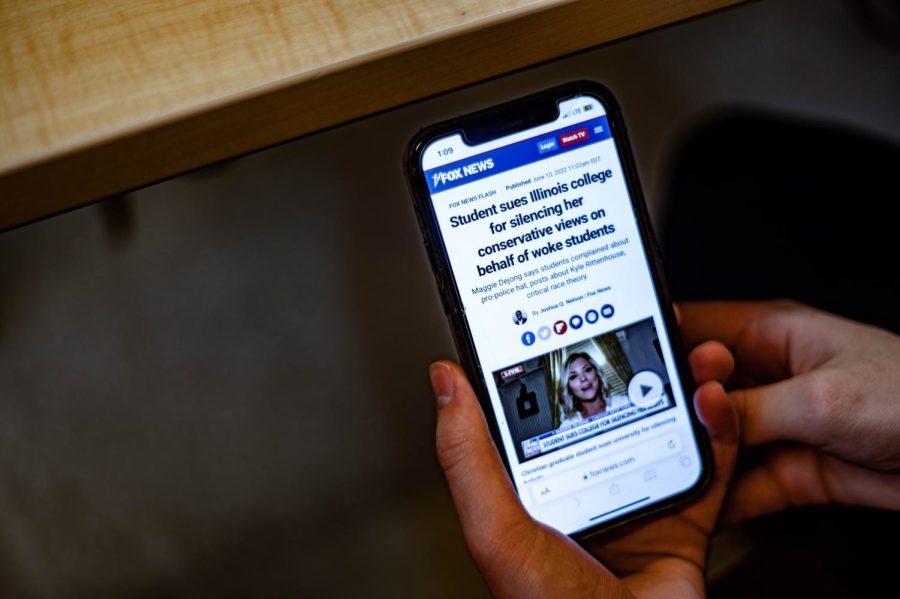



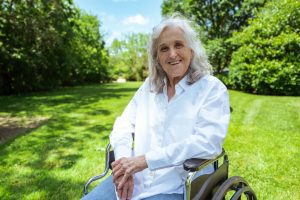

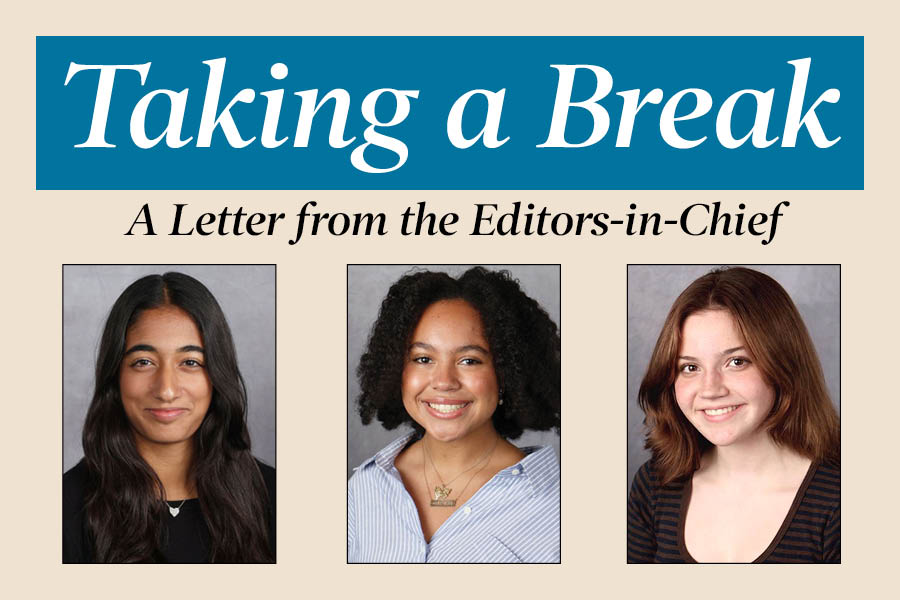
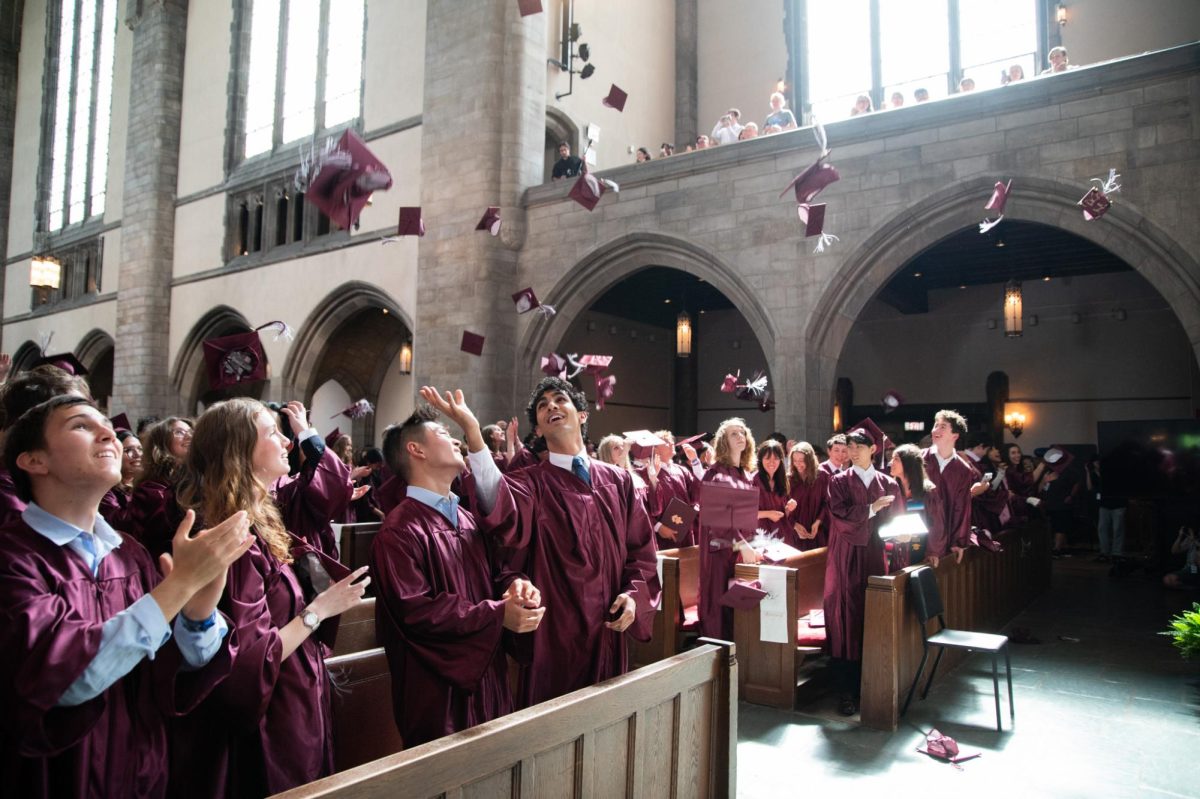
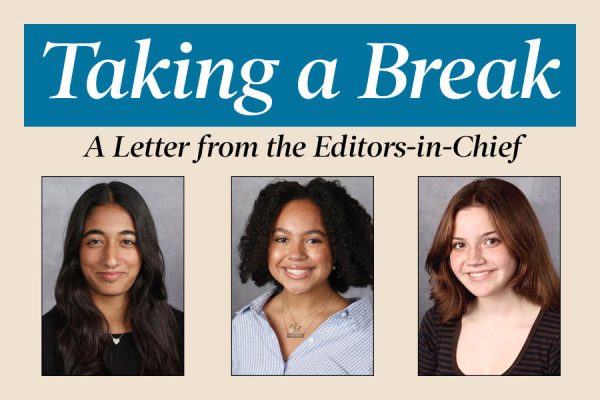
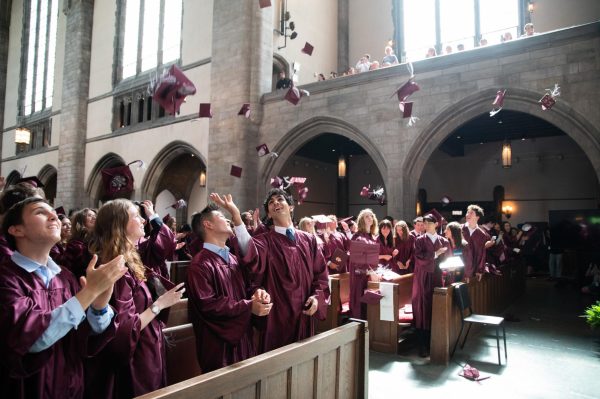
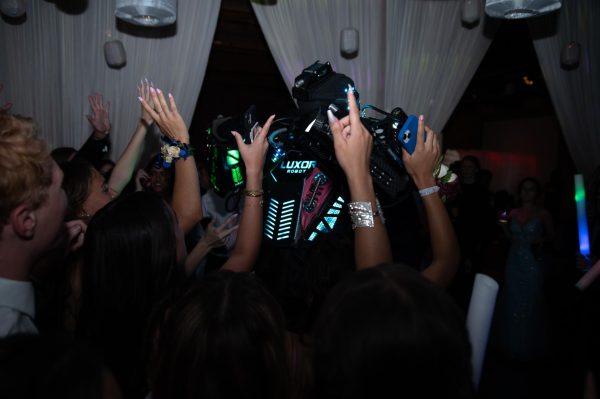
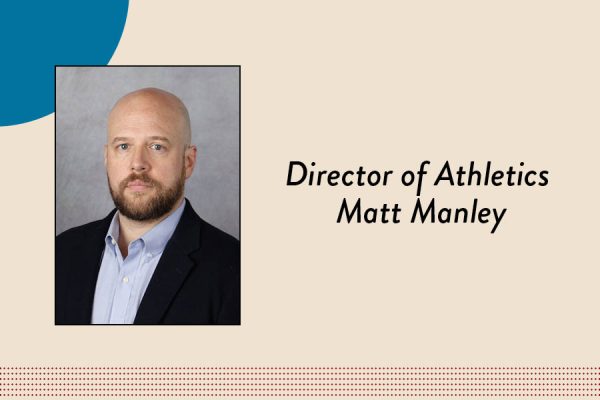
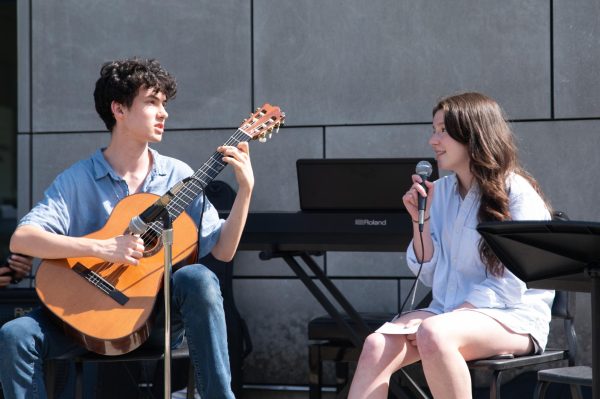
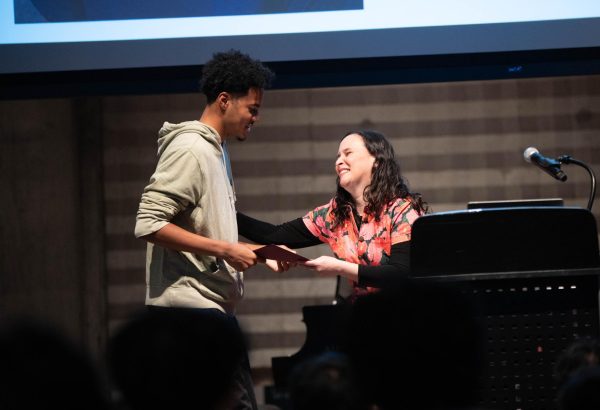
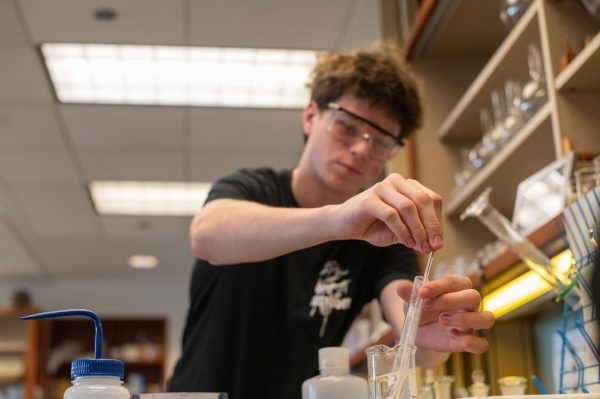
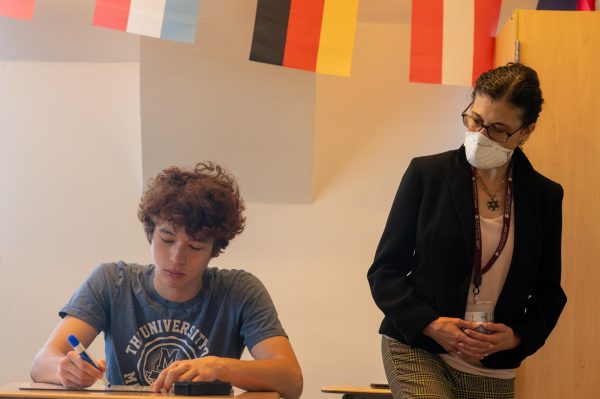
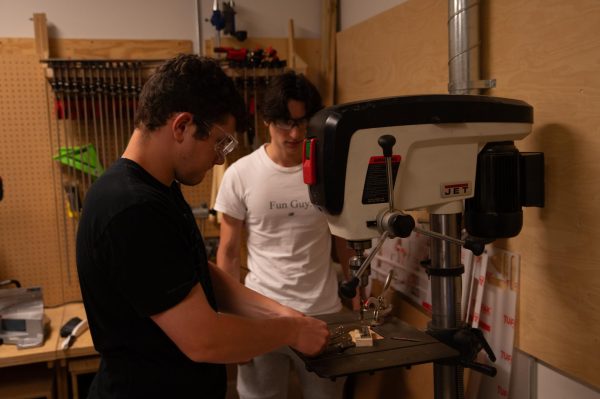

M.Bennett • Feb 3, 2023 at 10:30 am
The left is doing the same thing they accused the right of doing.
The one thing about the University of Chicago was always the ability to express your opinion and respect others. That is not the case. As a parent I was treated the same way by another parent who was totally wrong in the end. No one came to my defense and no one said anything to her, even though they knew the other was out of line an extremely offensive. It is radical and hypocritical. I completely agree with this student.